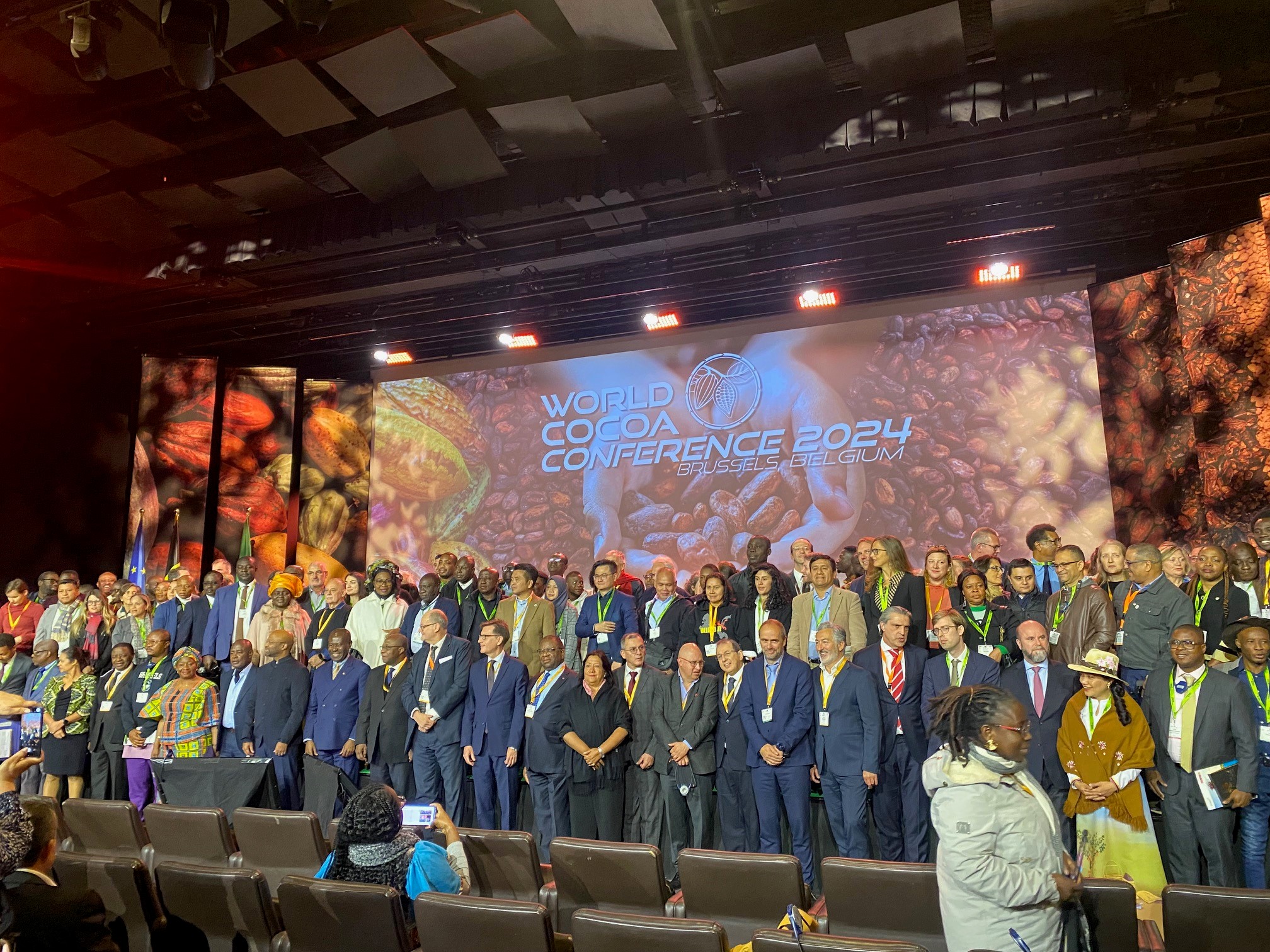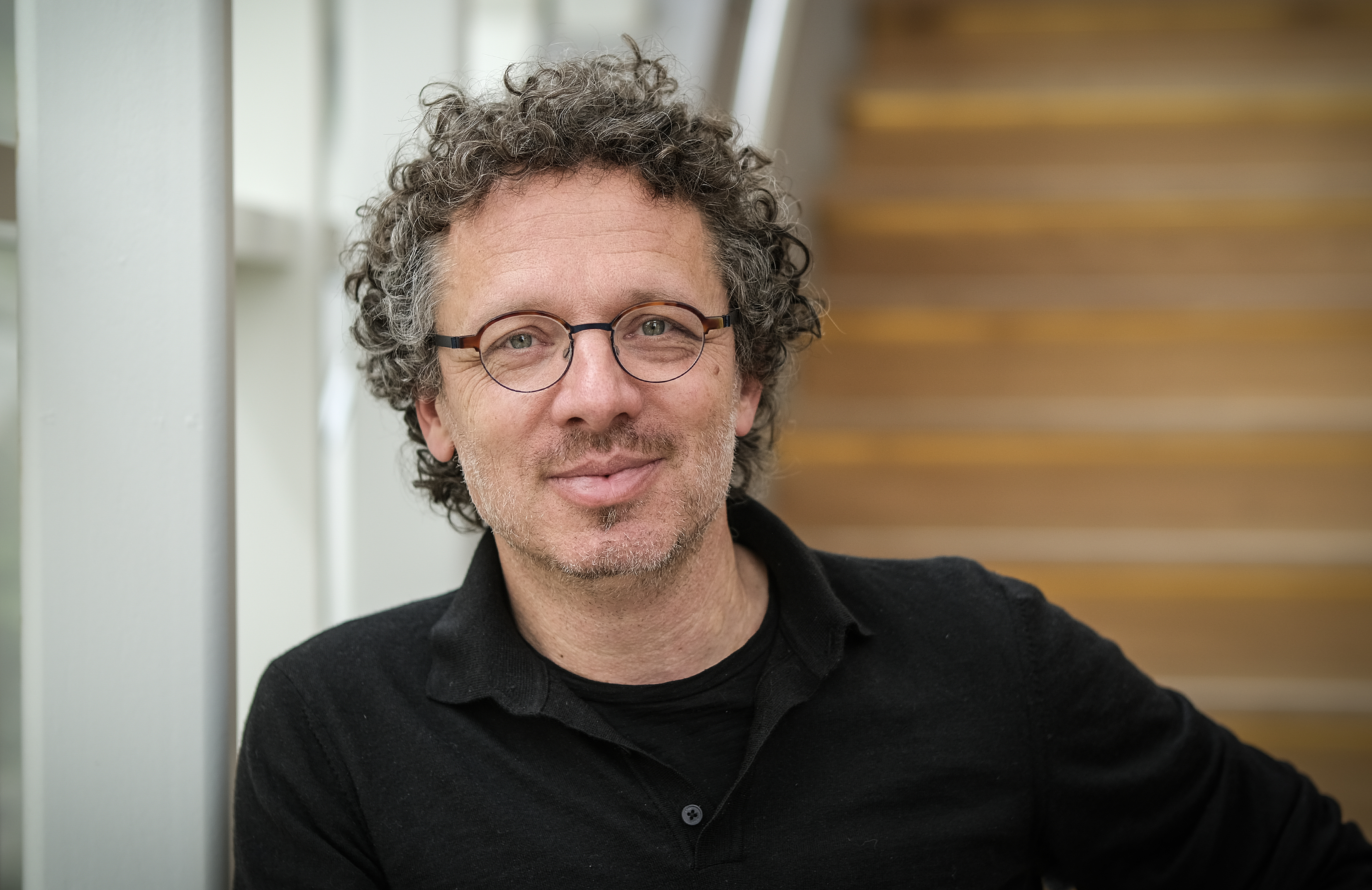House of Representatives gives minister room to develop proposals
The day of the debate had finally arrived. Yesterday, members of the House of Representatives were given the opportunity to respond to the education minister’s earlier proposals on managing the influx of international students. Although wide-ranging, these proposals had not yet been elaborated in concrete terms. Would the House be satisfied with the broad brush strokes? Would the minister be given the space to draft a bill along those lines?
The answer to both questions was a resounding yes. Compared to the House’s fierce reaction earlier this spring, yesterday’s debate was relatively mild. For UM, it was significant that a number of parties, including the minister himself, reiterated the importance of a tailored approach and acknowledged the impact the proposed measures could have on different regions.

Find more information around UM and the political debate on internationalisation here.
To claim that UM is now in the clear would be, however, to jump to conclusions. It remains indisputable that the influx of foreign students must be better managed. Tighter regulations and steering instruments will be developed to restore balance in the system, as the politicians put it. One of those instruments will be a stricter approach to English-taught study programmes.
In general, the various parties responded positively to the minister’s plans. There were no fireworks during the debate, although various issues were raised for the minister to address. The VVD was pleased that universities will be allowed to impose track quotas and limit the influx of non-EEA students, and that space will be created for an emergency quota. Given that the economic impact will vary across regions, the party also supports tailored measures. Likewise, D66 and the CU spoke out in favour of taking account of different regions. The SGP indicated that universities could differ in their approach, with those in border regions using German or French in addition to English. The minister did not respond in detail to these suggestions, but did confirm in passing the importance of tailored solutions per region.
(Self-)management
The steering body previously proposed by the minister was mentioned several times during the debate. This body would be responsible for monitoring the universities’ efforts to manage the influx of international students. Several parties reiterated the importance of managing this influx, but indicated that it was the responsibility of the educational institutions themselves. Notably, the minister himself spoke of management, but no longer of a separate body.
The minister also indicated that he would come up with stricter frameworks for English-taught programmes. In the future, he expects institutions to manage themselves on the basis of these frameworks and to cooperate more closely. Failing this, he was prepared set up an independent advisory body to sound the alarm, allowing the minister himself to pull the emergency brake. To facilitate such a system, a monitoring dashboard is being developed.
Promotion of Dutch
Although all parties emphasised the importance of the Dutch language, there were, naturally, clear differences. Some parties were adamant that the number of English-taught programmes be reduced. One spokesperson recommended doing away with the current legal argument that the origin of the students justifies teaching in English. Additionally, a great deal of value was placed on using Dutch as the language of instruction and introducing international students to the language. Some parties indicated that this could be extracurricular; others would prefer to see it embedded within the curriculum. Dutch is, after all, the norm for most parties in higher education. Familiarity with the Dutch language also increases the chance of graduates remaining in the Netherlands. Again, it was reiterated that specific attention be paid to the Dutch language skills of Dutch students. Virtually no opposing voices were raised in terms of language; only once was it noted that language should not be used to create barriers for foreign students.
Stricter assessment for English-taught programmes
In his response, the minister devoted ample time to the language issue. He endorsed the importance of Dutch as an academic language. For him, the basic principle is that programmes are offered in Dutch, but that one third may be offered in another language. In exceptional cases, a programme can, with good reason, be taught entirely in English. These exceptions are set to decrease, however, thanks to a new, strict assessment framework (which will apply to bachelor’s programmes only). At UM, we hope this assessment will offer room for regional customisation, as the minister has hinted. Interestingly, the minister intends to investigate whether business and social parties can also be involved in assessing the choice of language. He indicated that existing programmes ought to be subject to this new assessment framework (once only) upon reaccreditation.
More broadly, the minister urged institutions to continue to develop their language policies. For Dutch students, this includes determining the final Dutch-language attainment level and working on this within the curriculum. For international students, it means offering extracurricular opportunities to learn Dutch.
Funding
Several parties raised the issue of financing, suggesting that government funding should be restructured such that institutions are less dependent on student numbers; for example, by increasing the fixed rate per institution. The minister acknowledged the request, but warned against assuming that student numbers will no longer be decisive. The finance minister will not allocate more money to higher education.
All in all, the parties were satisfied with the minister’s approach. One point of criticism was the slow pace of progress. The minister committed to having the new rules ready to come into effect for the academic year 2025/26. Because institutions and prospective students need clarity a year in advance, the bill will need to have passed by the spring of 2024. To this end, the minister promised that the proposal would be submitted to the parties in mid-July, followed by a digital consultation until mid-September.
At UM, we will continue to monitor developments closely and stand up for our interests. In this effort, it is great to see how many regional organisations are throwing their weight behind us.
More information: Read the letter from the Minister of OCW 'Uitvoering van de motie van het lid Omtzigt'. (in Dutch)
Also read
-
Moving on your own to a new country with a different culture and language and without a support network can be challenging. Master's student Beverlianne Green therefore quickly realised she wanted to get involved with the local community. Through the Personal & Professional Development Portal of...
-
Fair and Smart Data (FSD) researcher Niklas Mensing attended the World Cocoa Conference in Brussels this year. In his blog, he shares personal learnings and thoughts from the conference proceedings and highlights some of the industry's core issues.
-
Drawing blood, inserting an IV, or looking into the ear; even seemingly simple medical procedures can cause anxiety, pain, and stress in children. According to pediatric intensivist Piet Leroy, comfort and trust are just as important as the medical treatment itself. Therefore, he is researching how...

